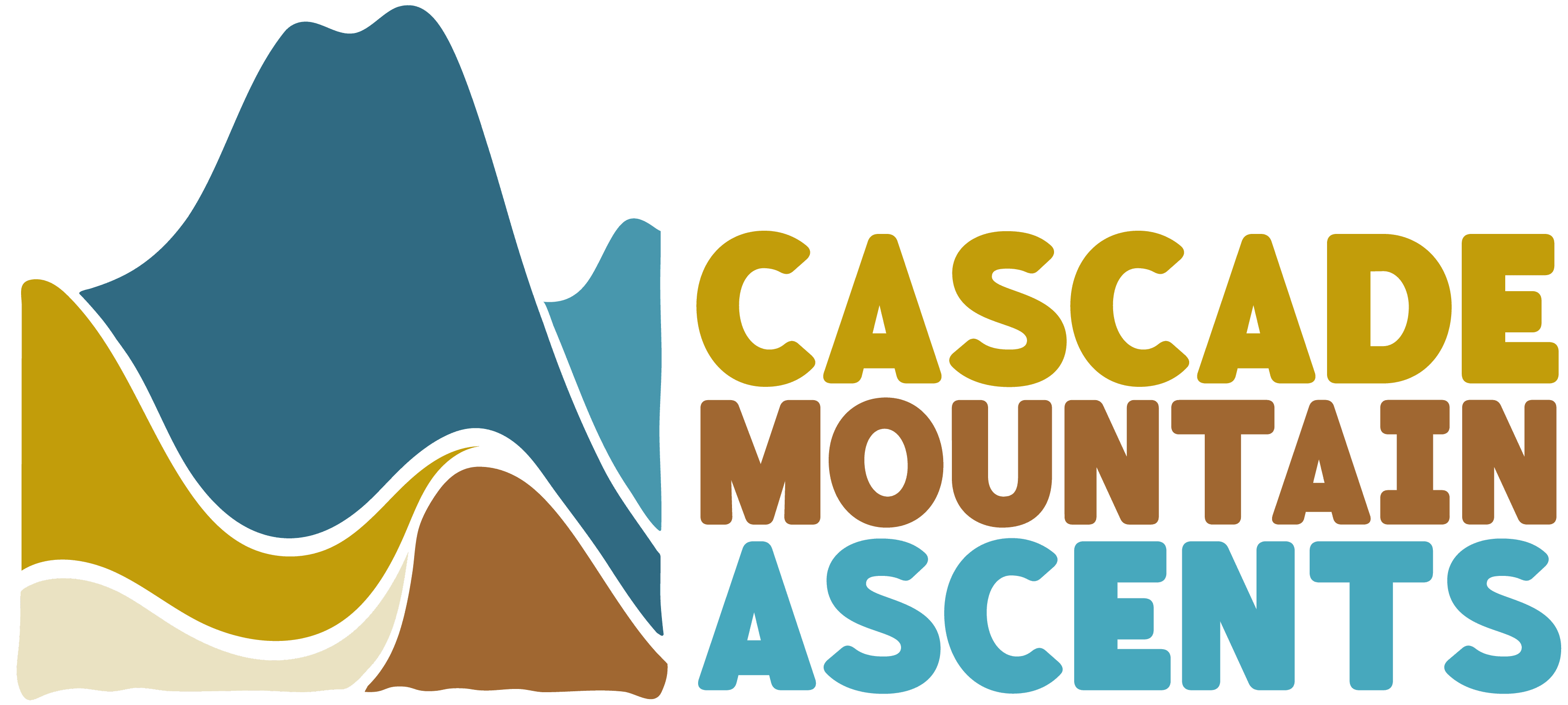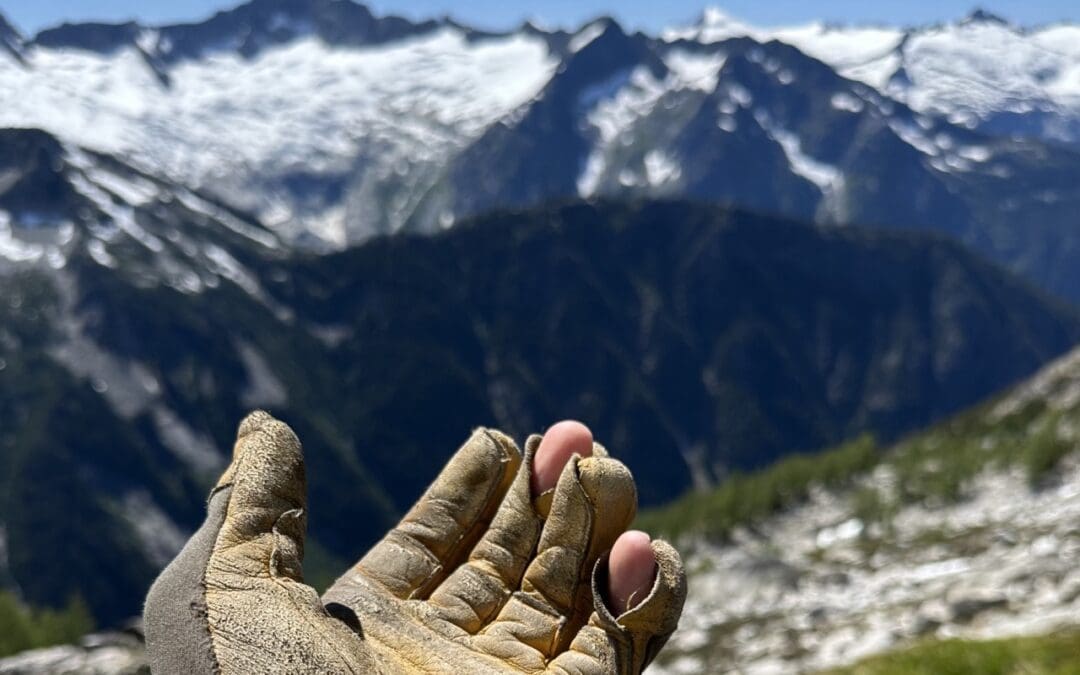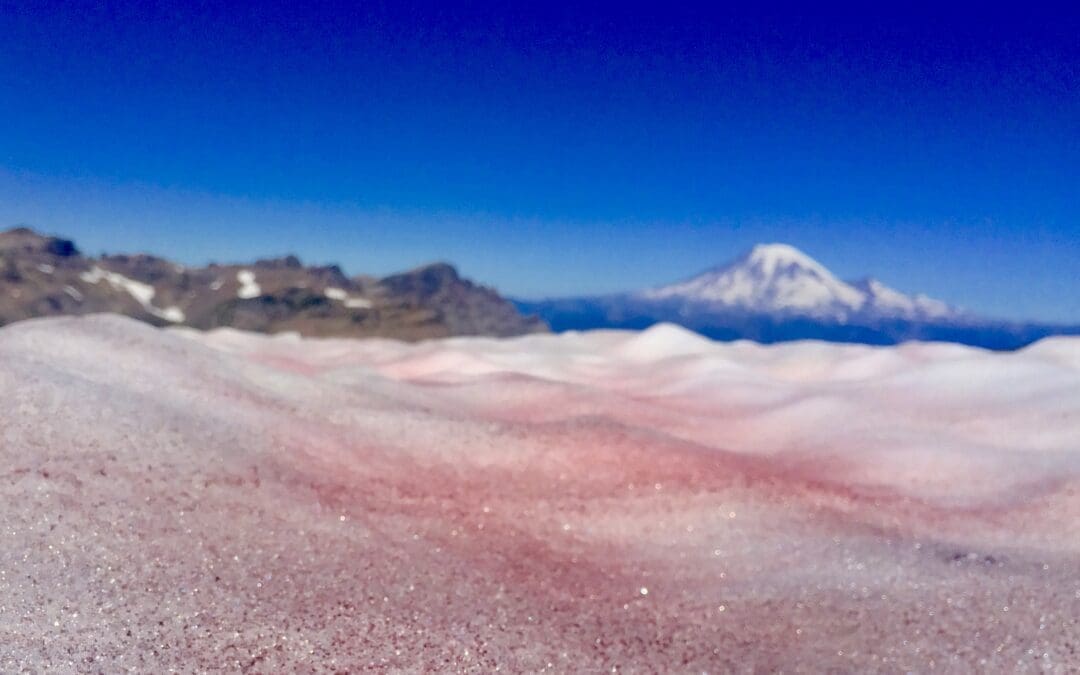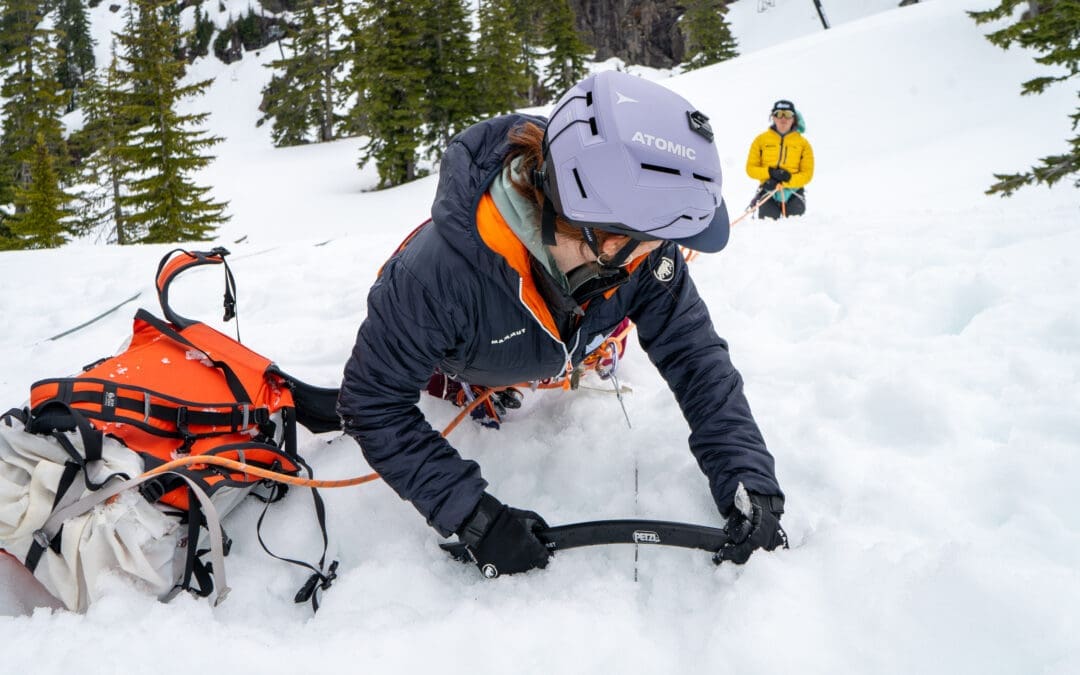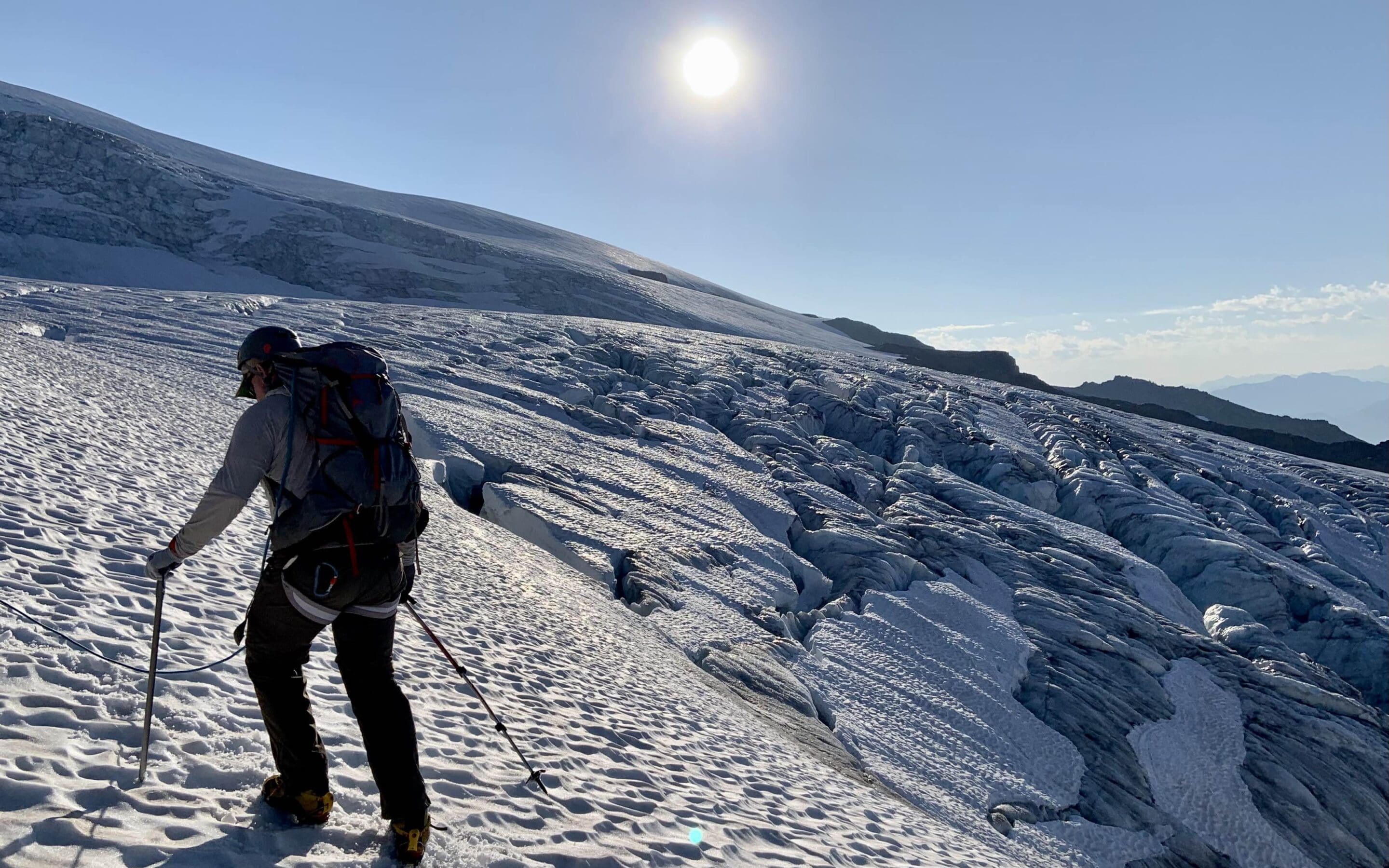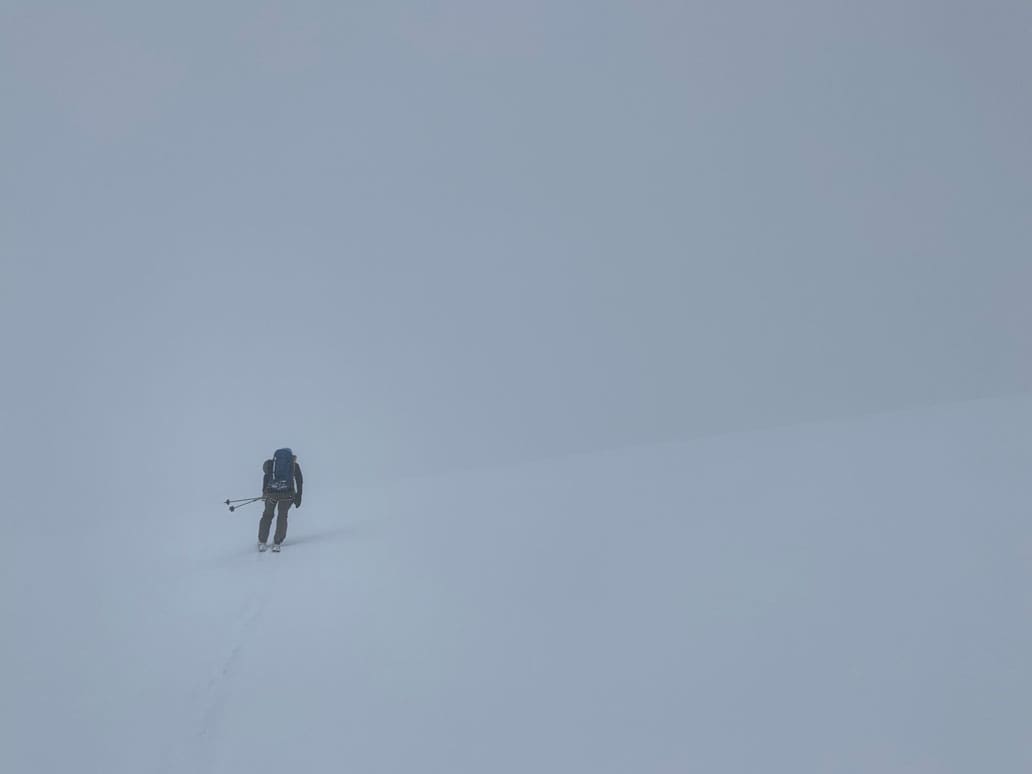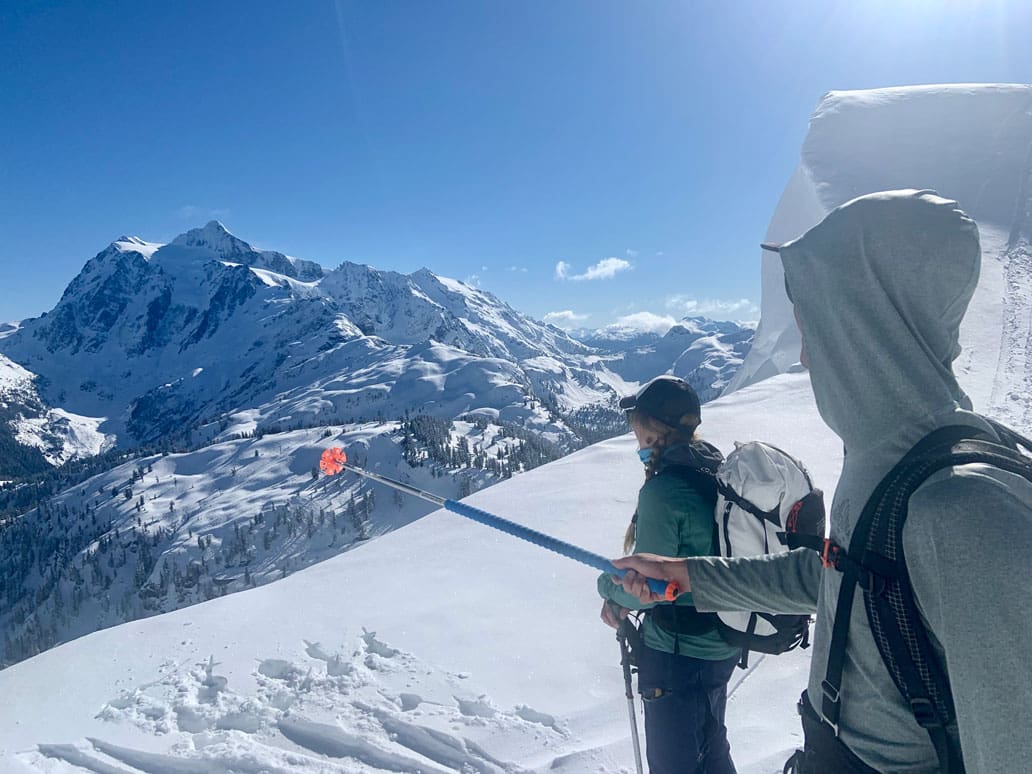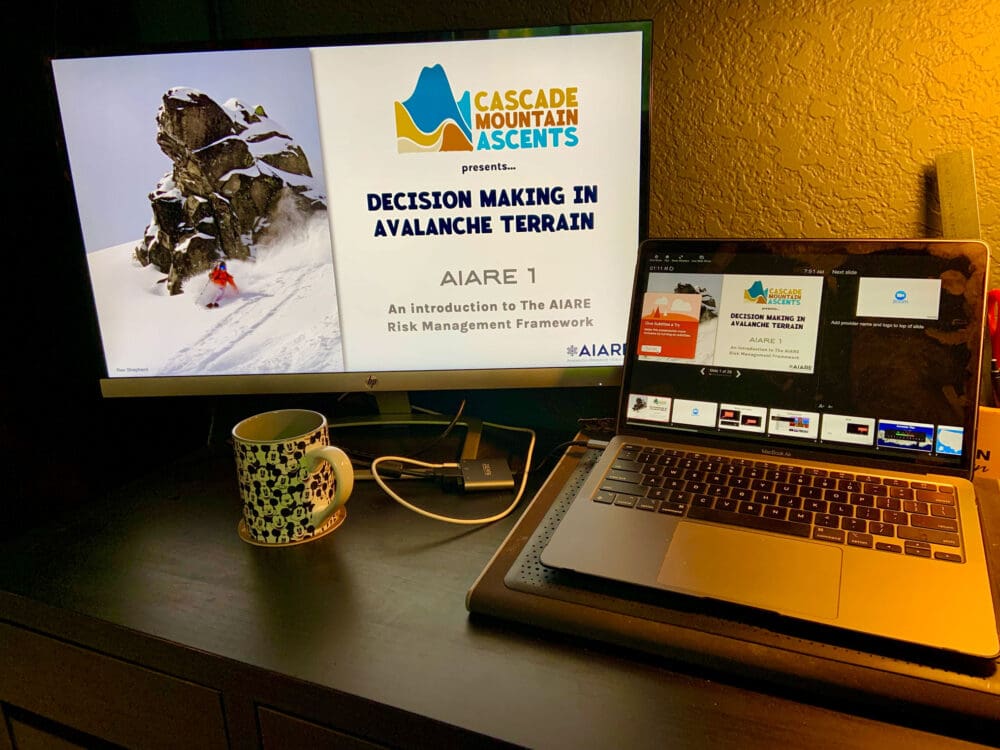One of the most common questions we get at Cascade Mountain Ascents (CMA) is what is a cooperative? Closely followed by how is CMA’s business structure different from other guide services?
In this post, we’ll answer both those questions by providing an introduction to cooperatives and laying out the Seven Cooperative Principles and how CMA abides by them to uphold the values of self-help, self-responsibility, democracy, equality, equity, and solidarity.
So… What is a Cooperative?
The International Cooperative Alliance (ICA) defines a cooperative as “…an autonomous association of persons united voluntarily to meet their common economic, social and cultural needs and aspirations through a jointly-owned and democratically-controlled enterprise.”
In simpler terms:
“Cooperatives are people-centered enterprises owned, controlled and run by and for their members to realize their common economic, social, and cultural needs and aspirations” (ICA).
The ICA is the apex body that unites, represents and serves cooperatives worldwide. It is one of the largest, and oldest, non-governmental organizations in the world, representing over 3 million cooperatives and 1 billion cooperative members. That’s a lot of people!
In the United States, there are around 1000 cooperative organizations. Cooperatives exist in almost all industries, from home care and utilities to transportation and agriculture. Here’s a national directory of co-ops showcasing the amazing range of what co-ops can look like!
There are many kinds of cooperatives. CMA is a worker-cooperative, meaning we’re owned by our workers. Consumer cooperatives, such as the Community Food Co-op in Bellingham, are owned by their consumers. Producer cooperatives, are owned by those who produce goods, and are common in agriculture and forestry. They can be big or small, local or international. Co-ops differ widely is scope, structure, and purpose and can be scaled to fit into almost every industry.

What Does Being A Co-op Look LIKe For CMA?
At the core of Cascade Mountain Ascents, we’re friends who love the mountains and want to make a sustainable career of sharing them with others. We are led by the cooperative values of self-help, self-responsibility, democracy, equality, equity, and solidarity. The ethical values of honesty, openness, social responsibility and caring for others are not only a trait we expect of our members, but ethics that guide all of our program development and operational processes.
As a cooperative, we are a democratic workplace where decisions, responsibilities, and profits are shared equitably among members. Worker ownership makes for resilient and competitive companies that center worker, community, and customer benefit.
Our strength is in our members. Many of the lessons we’ve learned in the mountains—collaboration, being adaptable, and managing uncertainty—are foundational to how we operate. We know that businesses and communities thrive when each member’s voice, skills, and talents are respected and supported, so we implement a business structure that does just that.
Unlike other guide services, our members do it all from answering the phone and replying to emails to providing high quality guided experiences and education. We prioritize high-quality training, building institutional knowledge through worker retention, and professional development opportunities for our members, so that we can provide stellar mountain experiences and education for our guests and students.
The Seven Cooperative Principles
Cooperatives put their values into practice by abiding by the Seven Cooperative Principles.
These core principles were formalized in 1844 by the Rochdale Society of Equitable Pioneers, an early consumer cooperative (kind of like REI), and one that became a model for modern cooperative development.
These principles were eventually adopted, and updated, by the International Cooperative Alliance and published in the 1995 Statement on Cooperative Identity. They guide the behaviors and operations of cooperatives all over the world, uniting us as organizations with the shared goal of uplifting people and centering community.

Here are the Seven Cooperative Principles, as defined by the ICA, and how CMA brings them to life:
1. Voluntary and Open Membership
“Cooperatives are voluntary organizations, open to all persons able to use their services and willing to accept the responsibilities of membership, without gender, social, racial, political or religious discrimination.”
-(ICA)
CMA has an open membership, meaning there is a process by which employees may become members. This is a formal process baked into our Operating Agreement and available for all members to see.
2. Democratic Member Control
“Cooperatives are democratic organizations controlled by their members, who actively participate in setting their policies and making decisions.”
-(ICA)
CMA is a democratic workplace, where each member holds one vote. Decisions are made using either consensus decision making or voting. This improves the quality of decision making and evenly distributes power among members.
3. Member Economic Participation
“Members contribute equitably to, and democratically control, the capital of their cooperative.”
– (ICA)
All financial decisions are made by CMA’s membership. There is an open-book policy for members, and economic literacy training is provided for all members. Each year, we make decisions about allocating surplus towards developing the coop, creating reserves, and paying member dividends. Each member’s capital contribution to the cooperative is common property of the cooperative for the duration of their membership.
4. Autonomy and Independence
“Cooperatives are autonomous, self-help organizations controlled by their members.”
– (ICA)
Members will always maintain full control of CMA. We maintain our cooperative autonomy whenever we work with external organizations, and never grant votes or decision making power to non-members.
5. Education, Training, and Information
“Cooperatives provide education and training for their members, elected representatives, managers, and employees so they can contribute effectively to the development of their co-operatives.”
– (ICA)
All members receive the training required to be informed and contributing members of the cooperative, whether they’re out ski guiding or logging admin hours. CMA is unique in that our members need to hold a wide breadth of expertise that encompasses both field and administration work. Members are paid for attending trainings.
CMA hires professionals (ranging from cooperative development centers to certified guides) to train on topics that demand specific expertise outside of the scope of our membership. We rely on the consistent infusion of fresh external perspectives to stay current and ensure that we’re always improving.
CMA provides educational opportunities for the public about mountain craft, as well as about the benefit of the cooperative model. Our Resources are an example of extensive educational resources that are free and available to the public.
6. Cooperation Among Cooperatives
“Cooperatives serve their members most effectively and strengthen the cooperative movement by working together through local, national, regional and international structures.”
-(ICA)
CMA is the only mountain guiding cooperative (that we know of!) in the US, and we’re eager to have peers! We share our learning and perspectives with academics, co-op developers, and co-op curious business owners without hesitation. We are grateful for all that we’ve learned from cooperatives in adjacent industries in our journey of bringing the cooperative model to the outdoor industry.
CMA is engaged with the cooperative movement on the local to national scale. Close to home, we’re a member of Cascade Cooperatives, which exists to promote cooperatives in Whatcom and Skagit Counties. We work closely with the Northwest Cooperative Development Center to receive the technical support needed to become a sustainable business.
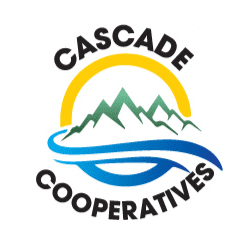

On a national scale, CMA is a member of the US Federation of Worker Cooperatives, a national grassroots organization representing cooperatives and democratic workplaces. We are the first mountain guiding cooperative to be a member of the USFWC and are working to have a new industry category added to their directory to represent the outdoor industry.
7. Concern for Community
“Cooperatives work for the sustainable development of their communities through policies approved by their members.”
– (ICA)
From the start, CMA has been worker-owned and community-focused. We strive to have a positive impact on our community through strong values-driven operational policies, effective programming, outreach and education.
We’d be nothing without our community, and we try to show our love through implementation of policy that supports long-term community well-being.
Some examples are:
- Hosting free educational events for the public centering on mountain safety and access.
- Creation of scholarships and income-based program rates to address financial barriers to outdoor recreation.
- Donating spots on educational programs.
- Organizing the annual Kulshan Clean-Up (a collaborative effort between the USFS and local guide services to pick up and pack out human waste and garbage on the North and South sides of Mount Baker)
- Organizing fundraisers for non-profits working in the outdoor space.
- Developing women’s affinity programs that provide safe, supportive learning environments and create work for female guides.
- Paying living wages so that our members can live in, and contribute to, our community.
- Participating in the CAA InfoEx, a professional industry information sharing platform, to improve communication between guide services and enhance regional risk management practice through the professional and consistent exchange of information.
- Hosting guide mentorship days and guide meetups open to any guide regardless of experience level or employer to promote professional collaboration.
- Donating time to speak at local events and workshops such as the Northwest Snow and Avalanche Workshop (NSAW).
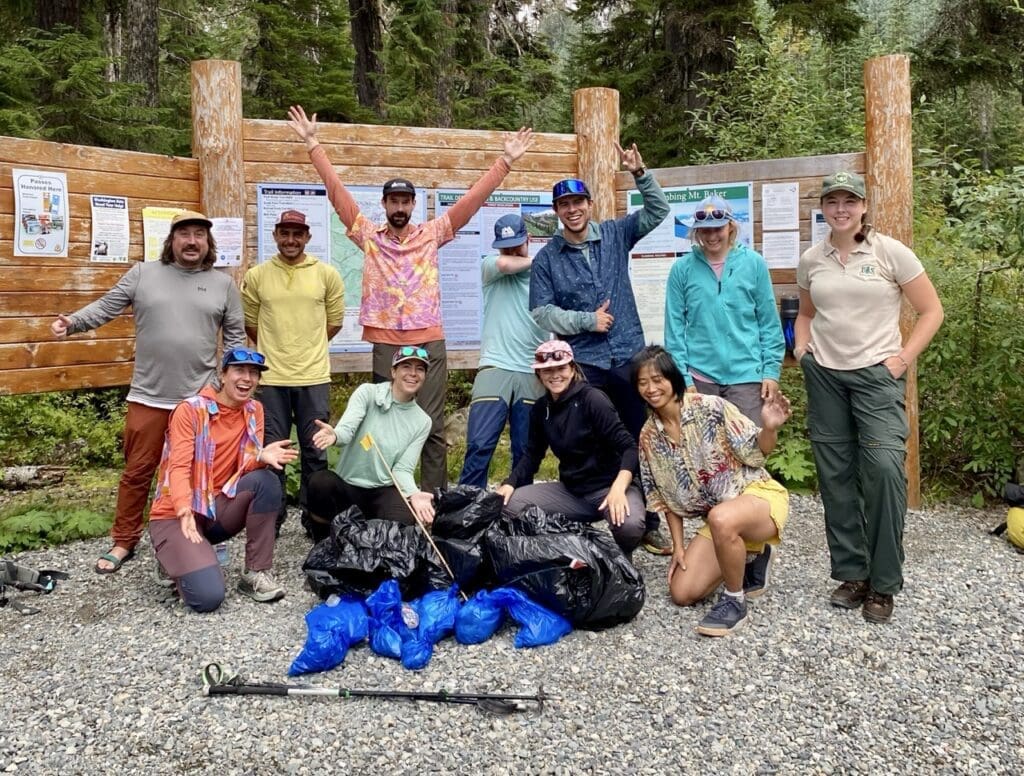
If you’re still reading this… thanks for following along with us and taking the plunge into educating yourself on cooperatives! Hope to see you at one of our next local events, up in the mountains, or on a trip or course.
Much Love,
Team CMA
